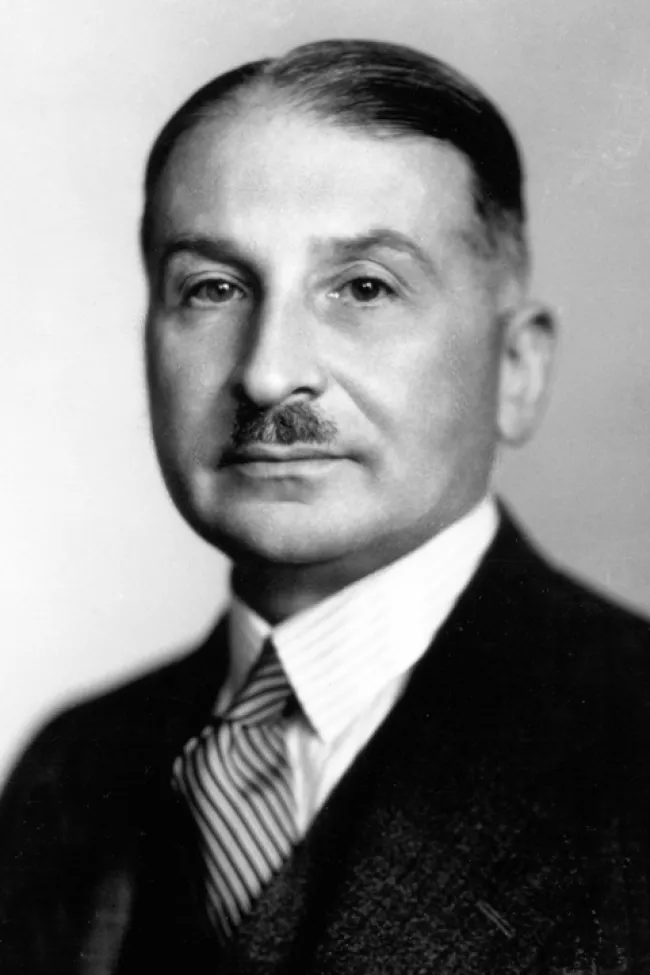- Downloads:
- Two Essays by Ludwig von Mises (Middle of the Road Leads to Socialism Liberty and Property)_2.pdf
In “Liberty and Property,” Mises demonstrates how poverty, starvation, disease, and serfdom dominated the pre-capitalist ages, and how the market brought liberation for the masses of men. Socialism, in contrast, embodies hatred for liberty and prosperity.
In “Middle-of-the-Road Policy,” Mises lays out his theory that interventionism breeds on itself: one bad policy leads to another unless laissez-faire is restored and adhered to over time.
Contains an excellent forward by Thomas DiLorenzo.

No content found

Ludwig von Mises was the acknowledged leader of the Austrian school of economic thought, a prodigious originator in economic theory, and a prolific author. Mises’s writings and lectures encompassed economic theory, history, epistemology, government, and political philosophy. His contributions to economic theory include important clarifications on the quantity theory of money, the theory of the trade cycle, the integration of monetary theory with economic theory in general, and a demonstration that socialism must fail because it cannot solve the problem of economic calculation. Mises was the first scholar to recognize that economics is part of a larger science in human action, a science that he called praxeology.
Having warned of the rise of national socialism and having fled the German army‘s march into Austria, Ludwig von Mises was in an excellent position to analyze Nazi economic doctrine.
Having warned of the rise of national socialism and having fled the German army's march into Austria, Ludwig von Mises was in an excellent position to analyze Nazi economic doctrine.
The most popular method of deprecating capitalism is to make it responsible for every condition which is considered unsatisfactory.
Mises Institute: 1991

